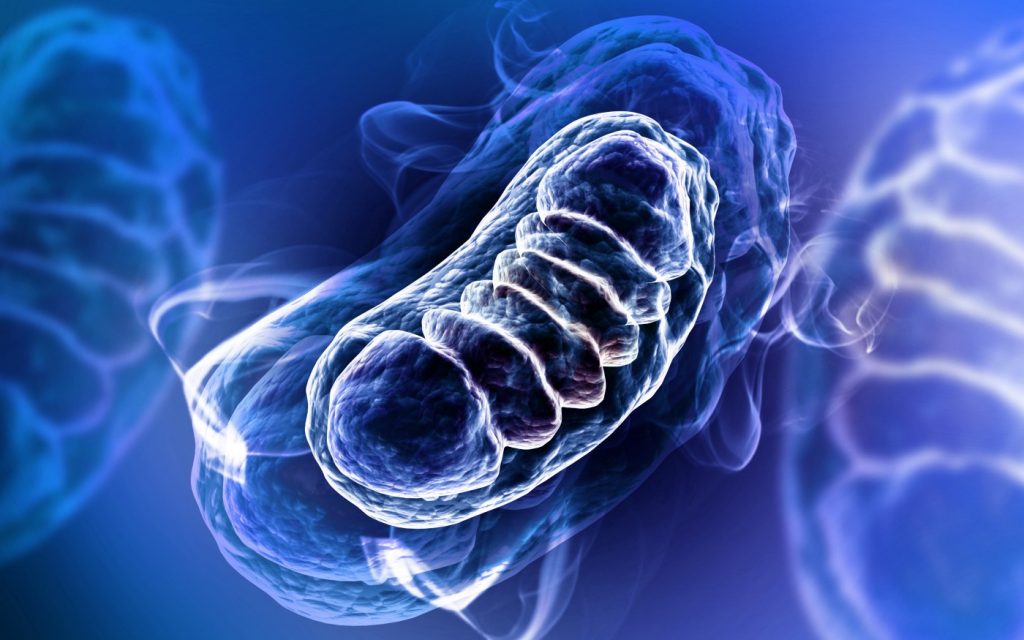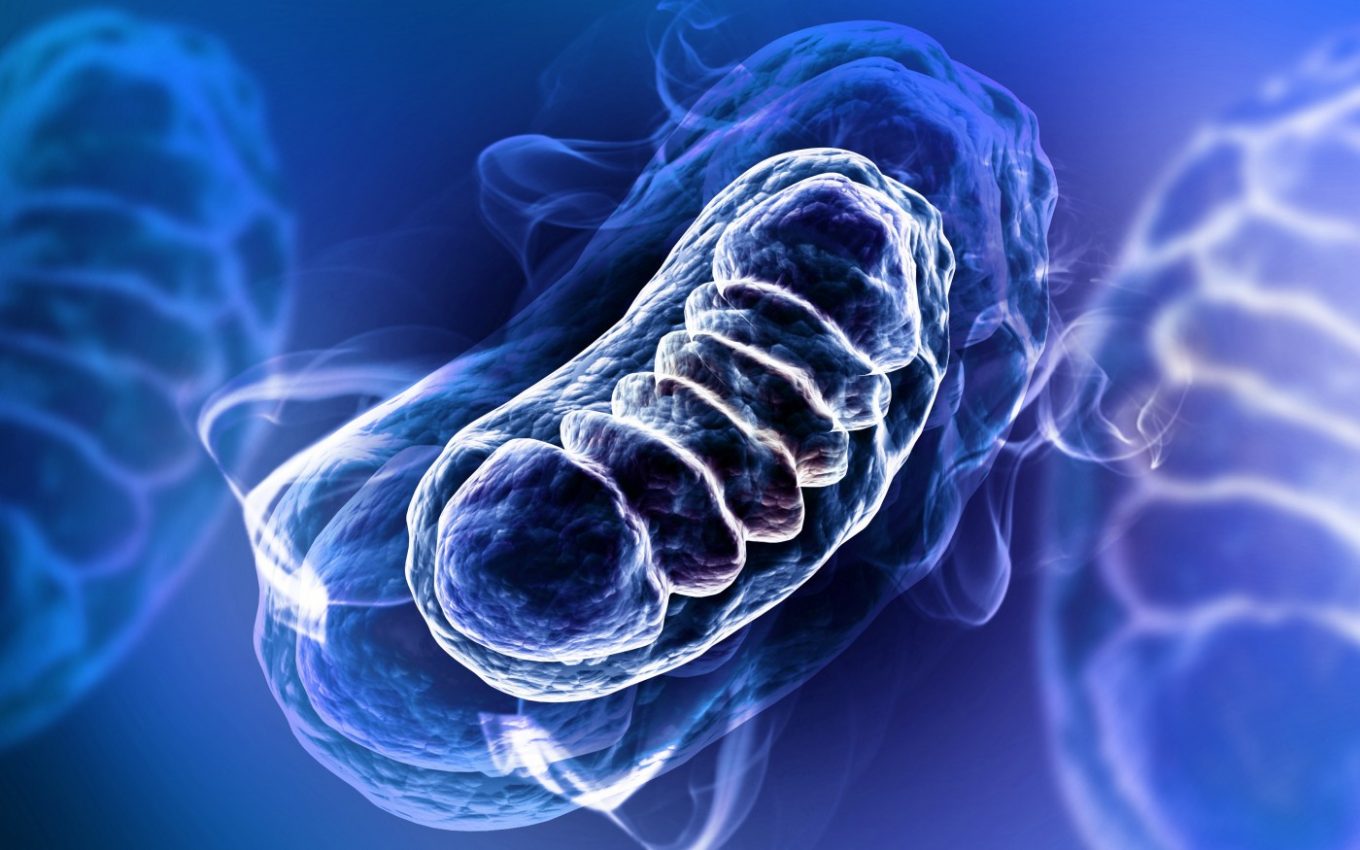Millions of people live with neurodegenerative diseases. These are diseases that cause the crucial nerve cells in the central and peripheral nervous systems to break down and eventually die. While scientific advances over the last few decades have led to therapies that can effectively minimize some of the physical or mental symptoms caused by neurodegenerative diseases, there are no known methods of slowing or stopping these diseases. However, with breakthroughs in protein maintenance and cell stress research, the outlook for neurodegenerative disease patients is constantly changing.
 Disruptions in Protein Balance Cause Serious Issues
Disruptions in Protein Balance Cause Serious Issues
Proteins have a large amount of responsibility within the cells of the human body. They perform most of the work carried out by the cell, provide critical structure to cells and organs alike, and regulate many other activities and interactions within and between cells. As a result, maintaining proper protein balance, including protein production and ensuring that they are folded correctly to carry out their various functions, is one of the most critical tasks for assuring cell survival. Unfortunately, when protein balance is disrupted—often by protein unfolding—proteins can degrade and clump, forming aggregates associated with the development of many neurodegenerative diseases.
More specifically, aggregates of these unfolded, misshapen proteins can form within the endoplasmic reticulum (ER) of the cell, responsible for many steps in the protein production, folding, and transport processes. The ER stress caused by this buildup causes the ER to slow or halt protein production and begin to degrade the unfolded proteins, a process known as the unfolded protein response (UPR). However, if UPR does not proceed effectively to restore balance, cell death occurs—leading to the potential for neurodegenerative diseases such as Huntington’s.
Discovery of a UPR Regulating Protein
While researchers have long known that the mitochondria, the cell’s famed powerhouse, provides energy to the ER to activate cell death if UPR does not restore cell balance, the specific communication between the two cell organelles had been a mystery. However, researchers at California’s Salk Institute for Biological Studies recently discovered a mitochondrial microprotein called PIGBOS that helps regulate UPR. More specifically, PIGBOS sits within the mitochondria’s membrane wall and interacts with an ER protein called CLCC1 at the specific sites where mitochondria and ER make contact.
Researchers realized that other studies have already associated low levels of CLCC1 with an increased UPR response and eventual cell death and neurodegeneration. In this new protein binding experiment, lowered levels of PIGBOS were also tied to increased UPR and cell death. Further, researchers discovered PIGBOS’s contribution to UPR depends on the presence of CLCC1 and that adjusting CLCC1 and PIGBOS levels, as well as contact between the two proteins, significantly affects the UPR response and eventual cell death.
Significance of New Studies
After identifying PIGBOS—currently, the only known microprotein involved in this critical cell signaling pathway and an important new mitochondrial UPR regulator—researchers will be able to perform crucial research regarding the way the cell experiences cell stress, UPR, degeneration, and death. In particular, new approaches to modulating how the cell reacts to protein unfolding could provide insights for treatments that relieve cell stress and prevent cell death.
As research continues, hopes remain high for therapeutic drugs or protein therapies that target ER stress. Eventually, these treatments could help slow or even halt the progression of neurodegenerative diseases.
Sources:
https://jcs.biologists.org/content/116/10/1861
https://www.nature.com/articles/s41467-019-12816-z

Founder Dinis Guarda
IntelligentHQ Your New Business Network.
IntelligentHQ is a Business network and an expert source for finance, capital markets and intelligence for thousands of global business professionals, startups, and companies.
We exist at the point of intersection between technology, social media, finance and innovation.
IntelligentHQ leverages innovation and scale of social digital technology, analytics, news, and distribution to create an unparalleled, full digital medium and social business networks spectrum.
IntelligentHQ is working hard, to become a trusted, and indispensable source of business news and analytics, within financial services and its associated supply chains and ecosystems


 Disruptions in Protein Balance Cause Serious Issues
Disruptions in Protein Balance Cause Serious Issues









